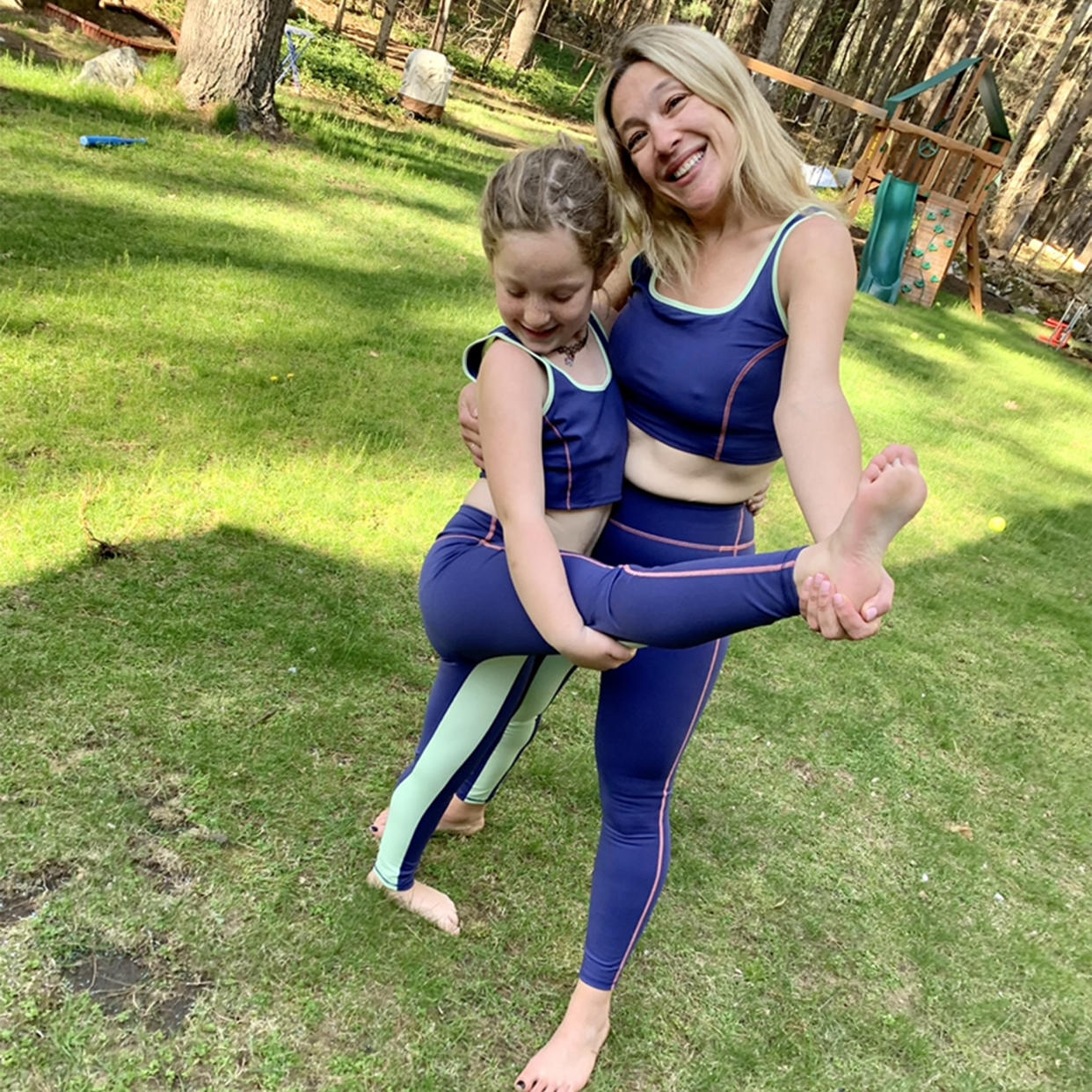Why intervening when my daughter was teased was the wrong move
Earlier this summer, my 7-year-old daughter, Nora, came home from day camp in tears. Another child in her group was being mean, she said. A game involving a ball was involved — and let's just say neither of my children are Olympic-bound.
Nora eventually skulked away, humiliated.
As I pressed for more details, I began to suspect that she was overtired. Or was it depression? Would I have to pull her out of bed in the morning? My sweet girl. My baby.
The more worked up I got, the more worked up Nora became.
“You need to take a breath,” my husband said, when I came to him wringing my hands. “Don’t email the camp.”
I emailed the camp. Of course, I did. I wasn't about to let some kid dim Nora’s light by making fun of her.
Minutes after hitting send, my phone rang. It was the camp director. I put the call to voicemail. I knew that if I answered, I’d start crying. I was about the same age as Nora when my classmates started moaning that they didn’t want me on their team in gym. I was too fat. Too slow.
I’m 43 years old and I can still hear their little voices. I can see myself standing there, staring at the rubber gymnasium floor, the last one picked for everything. My wounds of the past have not healed, and when they open, oh my God, do they hurt.
The camp immediately sprang into action and added strategies and support to Nora's group — the girls played team building games. They talked about inclusion. Counselors were on high alert, ready to intervene if something went wrong. But perhaps, these measures weren't needed. Was I overreacting?
Experts suggest that when our kids are dealing with difficult situations, we shouldn't get involved right away.
We need to give ourselves grace, according to Stephanie Samar, a licensed clinical psychologist in New York City. She described trauma triggers as “hidden landmines,” noting that we can’t always anticipate what is going to set us off. But we should also keep in mind that our children emulate our behaviors.

“Humans are programmed to learn through modeling,” Samar told TODAY Parents. “So if your child is seeing you become anxious or angry or upset about a situation that they’re experiencing, they’re likely to copy that emotional response. They take the lead from us.
“They’re also getting the messaging that they might not be able to handle the situation,” Samar added.
Samar recommends taking a deep breath. It sounds obvious, but often when we are triggered, we forget to breathe— we just react. And when our children are involved, our reactions are even bigger.
“Our instinct as parents is to protect — and it’s really hard to go against that urge,” she said. “But at the same time, we need to give them opportunities to build their own strength and resilience.”
When I spoke to parenting and youth development expert Dr. Deborah Gilboa, she said to imagine that I am a tree, and Nora is a sapling planted right beside me.
"When your kid is going through something really hard, you can’t draw from the roots that are entwined with theirs. You have to lean on, and draw from the roots on your other side, the ones that are entwined with your best friend, or your faith community — anyone who isn't in your family immediate family," Gilboa told TODAY. "You tell the people on the other side the stories about how no one wanted to sit with you at lunch. You don’t tell your kid.”
Gilboa said it’s also important to hold on to our assumptions. For example, instead of saying, “That must hurt so much,” you need to ask questions such as, “Tell me how that feels for you,” and ‘What do you think might help?’ And ‘What can I do right now that might be useful for you?”
“Don’t assume for them. Sometimes we ramp up our kids’ worry about things,” she said. “They’re like, ‘Well, I thought I was OK, but if my main person says it’s not OK, it’s definitely not OK.’”
Nora and that other camper? They became friends. They worked things out on their own and there was never another incident.
Did she ever apologize? I want to know, I'm dying to know. But I keep my mouth shut. Nora's moved on, Nora feels good, and that's what matters.
My little sapling is growing, and I am, too.
Related Video:
I
